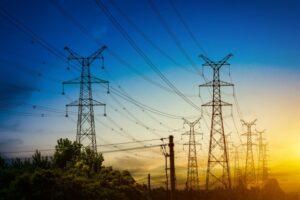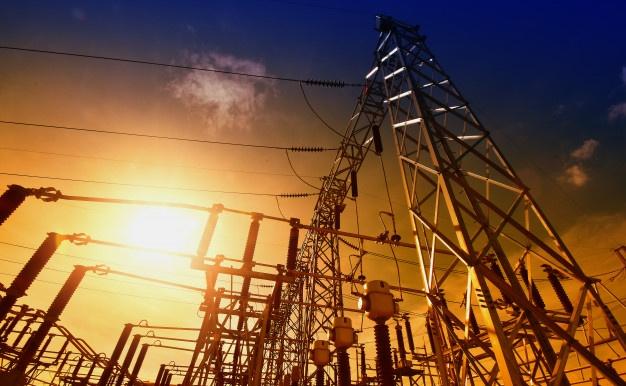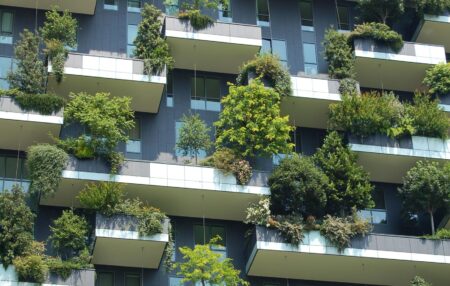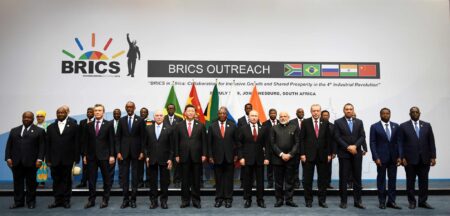The World Bank approved $150 million to Rwanda to help improve access to modern energy for households, enterprises and public institutions
The grant will also help enhance the efficiency of electricity services in the country. The grant will be given as $75 million as grant funding and the other $75 million as a loan.
The Rwanda Energy Access and Quality Improvement Project (EAQIP) is aiming to improve the country’s progress towards achieving UN Sustainable Development Goal 7 (SDG7) to ensure access to affordable, sustainable, reliable and modern energy for the county’s citizens.

It also aims at contributing to Rwanda’s vision of reducing reliance on cooking fuel by 50 per cent.
“The proposed project is well-timed to build on the World Bank’s decade-long support to the Government’s energy sector agenda. It will contribute directly to Rwanda’s push toward universal energy access by 2024 and universal access to clean cooking by 2030”, said Rolande Pryce, World Bank country manager for Rwanda. “We are honoured to be a long-term partner in this journey.”
EAQIP also seeks to improve the access of electricity by providing funding for the country’s ongoing programme of expanding grid connections for commercial, residential, industrial and public sector consumers and also providing grants to reduce the costs of off-grid solar home systems.
The project includes the bank’s largest clean cooking operation in Africa and the first project co-financed by the recently launched Clean Cooking Fund (CCF) which is hosted by the World Bank’s Energy Sector Management Assistance Program (ESMAP).
For clean cleaning, CCF will provide $20 million with $10 million provided as a grant and $10 million extended as a loan.
The project targets 2.15 million people, leveraging an additional $30 million in public and private sector investments. the project aims to develop a sustainable market for affordable clean cooking solutions in Rwanda, by incentivising the private sector and improving the enabling environment.
“The World Bank is proud to have led the RUEAP on behalf of the development partners, including the French Development Agency (co-financing the EAQIP). The World Bank looks forward to supporting the implementation of the ongoing program and expects to report positive outcomes in the lives of Rwandans” said Norah Kipwola, World Bank senior energy specialist and the project task team leader.











